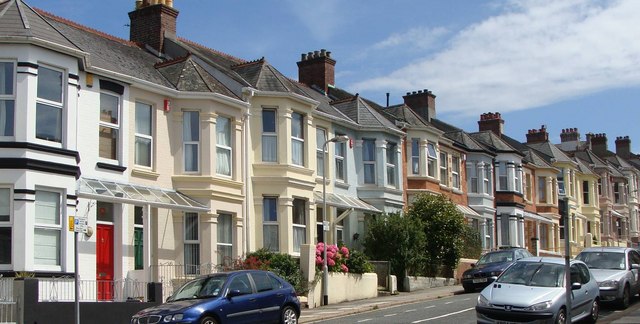Purchasing property? Knowledge is power.
We have all heard the phrase ‘buyer beware’ used in relation to property purchases. What does it actually mean?
‘Let the buyer beware’ is the literal translation of the Latin ‘caveat emptor,’ which applies to all property transactions that are contractual arrangements.
This implies that the buyer has the responsibility to verify the property’s condition for themselves. To ascertain whether there are any structural concerns or issues with the gas, boilers, electrical installations, etc., you may do this with the assistance of a surveyor or any other professionals you wish to utilise.
Any property solicitor/conveyancer acting on the purchase of a property will advise you that ‘caveat emptor’ is a fundamental element of the transaction. It is, therefore, important that before you exchange contracts, you obtain an appropriate survey, inspection reports, and any other items relating to work that has been carried out.
There is no legal obligation on the seller to provide any of these reports or information. As the phrase suggests, the purchase of a property is the buyer’s risk, so it is up to you to do the appropriate due diligence. If issues come to light, look to liaise with the estate agent involved in the transaction to agree on a price reduction or allowance to carry out the necessary repairs.
Once contracts have been exchanged, the transaction becomes legally binding, and you are then committed to buying the property. This means you are required to pay the seller the price stated on the contract and are responsible for putting right any issues that are discovered after completion.
A final inspection
It is advised that you conduct a last inspection of the property right before the exchange, as it can have been weeks or months since your initial viewing. It’s possible that things have changed or that there are problems you wouldn’t notice without a careful examination.
This is especially important if the property is rented. You will need to ask the tenants to vacate, so you can carry out a visual inspection to ensure they have left it in a satisfactory condition and that you are still happy to proceed with the purchase.
If you are buying a vacant property, this final inspection is also particularly important. For example, you need to check that the heating hasn’t been turned off completely in cold weather, as this can lead to problems with the system and damage from burst pipes. If you find the boiler has been switched off, turn it back on again to ensure it is in good working order. It is fundamental to living comfortably on the property and can be expensive to replace.
A huge commitment
Buying a property is one of the biggest financial investments you will ever make, so it is vital that you have as much information as possible before proceeding with the purchase.
Copies of all expert reports should be forwarded to your solicitor, so they can deal with any queries or obtain confirmation from the seller’s solicitor that any points raised have been addressed.
Get your conveyance quote here and start your property journey today
